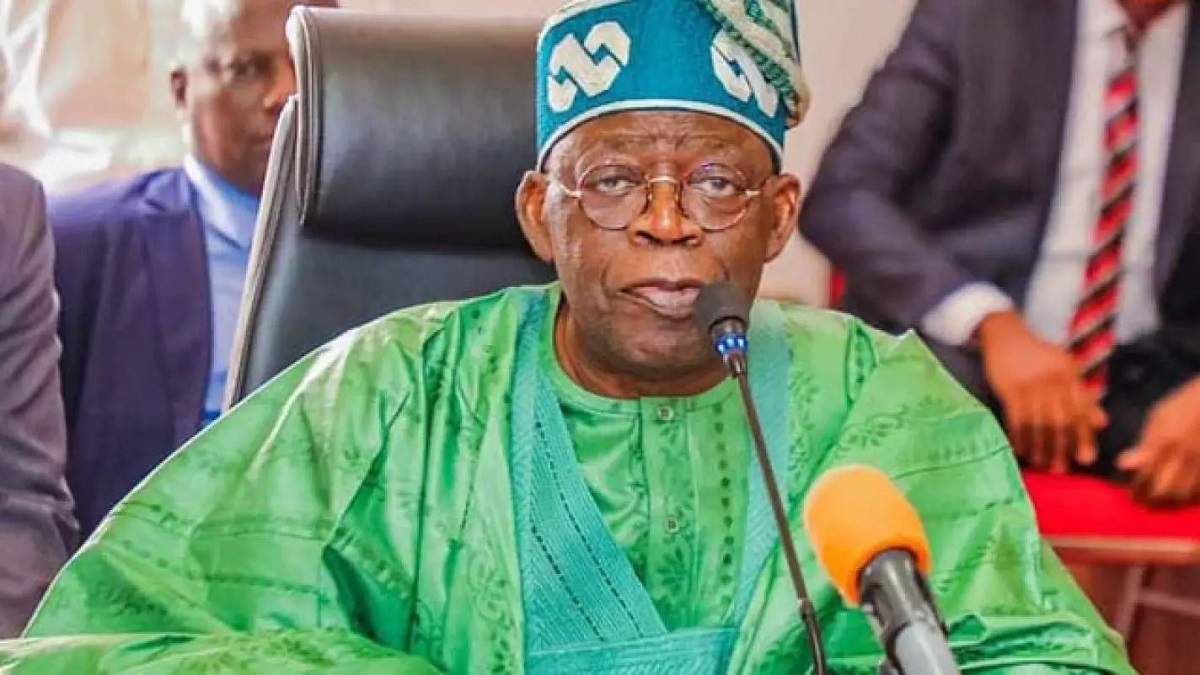The Federal Government’s plan to regulate social media has sparked outrage among Nigerians who vowed to resist any attempt to stifle their freedom of speech.
The plan was revealed by the National Broadcasting Commission (NBC), which sent a bill to the National Assembly on October 3, seeking to repeal and reenact the NBC act, CAP L11 laws of the federation of Nigeria, 2004.
The bill, if passed into law, would empower NBC to regulate social media. The NBC Director-General, Balarabe Ilelah, who hosted the Minister of Information and National Orientation, Mohammed Idris, at the commission’s headquarters after the bill was submitted, called social media a “monster” that needed to be tamed by law.
The NBC also said it had started engaging with major social media platforms to curb the excesses of their users. However, this move has been met with strong opposition by Nigerians who accused the FG of putting pressure on the social media companies to infringe on their fundamental human rights.
Some Nigerians opposing the bill argued that it was a plot by the government to restrict their rights to freedom of expression and privacy. They also said the bill would criminalize the legitimate and lawful exercise of their human rights.
The Socio-Economic Rights and Accountability Project (SERAP), a civil society organization, urged the Senate President, Godswill Akpabio, and the Speaker of the House of Representatives, Tajudeen Abbas, to reject the bill outrightly. SERAP said the bill was inconsistent and incompatible with the Nigerian Constitution and the country’s international human rights obligations. SERAP warned that the bill would lead to a “digital siege” on Nigerians.
Newsflash Nigeria recalls that the previous administration led by former President Muhammadu Buhari had also tried to regulate social media over alleged fake news and other activities of users.
However, all efforts by the then Minister of Information and Culture, Lai Mohammed, to control the activities of netizens failed as Nigerians resisted the attempt.
The FG also suspended Twitter, a microblogging site, on June 4, 2021, for allegedly supporting insurrection in Nigeria during the EndSARS protests in October 2020, which resulted in the loss of lives and properties across the country. Twitter was restored on January 12 after about seven months of suspension.
According to a social media influencer, Mathias Atule, “The FG wants to stop criticism. They don’t like when people tell them the truth, especially if you are not their supporter”.
Atule said on Saturday that he would resist the move, saying that “the same social media was what the present administration used to gain support during the last election, so how come they now want to regulate it?”
He added: “When people like Femi Fani-Kayode, Festus Keyamo were paid to use social media platforms to campaign for the party, they didn’t see the need to silence people at that time. Wait for 2027 and you will see how they will do propaganda on social media just to win an election. Nigeria has gone beyond that. If we are practising democracy, then we should practice it to the fullest. This thing won’t work. They don’t want to know the truth but we will keep telling them.”
Meanwhile, another social media user, Monica Adikwu told our correspondent in Abuja that some social media platforms, like Tiktok, have aided moral decadence among children.
“If the regulation is about stopping some of these Tiktok users from posting bad content, I think I will support it.
“These days, everybody wants to trend, so you see people posting nudes all in the name of getting followers. This is wrong. We are Nigerians, we are Africans, we have culture.
“But if the move is to stop criticism, that’s where we will all have problems with the government. Because I don’t understand why some people don’t like criticism. No government and even individuals can grow without constructive criticism.
“The duty of the opposition party is to oppose wrong policies. When you stop them today, what happens when you become the opposition or is there a plan to stop democracy?” He queried.
Also speaking on the matter, the immediate past Director-General of Voice of Nigeria VON, Osita Okechukwu, expressed optimism that the bill would be rejected.
Okechukwu, who is also a founding member of the ruling All Progressives Congress, APC, declared in a chat with Daily Post that there is no democracy without freedom of speech.
He said, “Methinks the Cyber Crimes Act and other extant libel laws in statute books can take care of those who abuse the fine concepts of social media.
“I am never in support of draconian bills either by omission or commission that trample on our hard-earned freedom and liberty.
“For democracy cannot exist without freedom of speech, freedom of thought, freedom of expression and freedom of association.
“Nigerians should be allowed to enjoy the freedom guaranteed under the 1999 Constitution of the Federal Republic of Nigeria.
“I joined the league of most Nigerians that objected to this obnoxious bill when our then minister of information, Alhaji Lai Mohammed, romanced such ideas.
“From all indications, Nigerians will once reject the bill. Whereas one appeals for restraint by those who abuse social media, one appeals to the promoters of the bill to carefully peruse the Cyber Crimes Act and other extant libel laws.”
